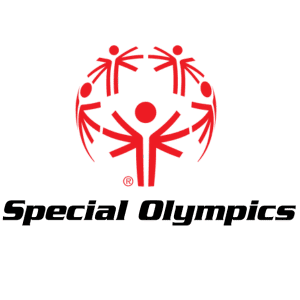Advocating for fair representation with inclusive communication

Challenge
Representation is a nonnegotiable in the nonprofit sector, and diverse voices must be heard. However, language barriers can limit participation, making it difficult for communities to fully advocate for themselves. Without structured language access, critical messages risk being diluted, and engagement with key stakeholders, including policymakers, can be hindered.
The Special Olympics International Committee faced these challenges during its annual Capitol Hill Day, a major advocacy event where athletes, families, and supporters meet with lawmakers to address policies affecting individuals with intellectual disabilities. With participants from diverse linguistic backgrounds, the organization needed a trusted partner to tell each story accurately and ensure every voice was heard.
Solution
Piedmont Global worked closely with the Special Olympics International Committee to provide onsite professional interpretation services, facilitating conversations between advocates and policymakers. Interpreters embedded within meetings allowed each athlete to fully express their experiences and policy priorities. Recognizing the emotional weight of these discussions, Piedmont Global interpreters were trained in cultural adaptation and sensitivity, which preserved the impact and authenticity of participants’ messaging.
In addition to live interpretation, Piedmont Global provided real-time translation support for press materials, event documents, and participant briefings. These efforts guaranteed accessibility across languages and significantly broadened the event’s reach.
Results
By integrating structured language solutions, the Special Olympics strengthened its advocacy efforts and furthered relationships with lawmakers. Language support allowed all participants to engage completely, reinforcing the organization’s commitment to inclusion. Multilingual advocacy materials extended the impact of the event outside of Capitol Hill, which increased awareness and engagement with global supporters.

